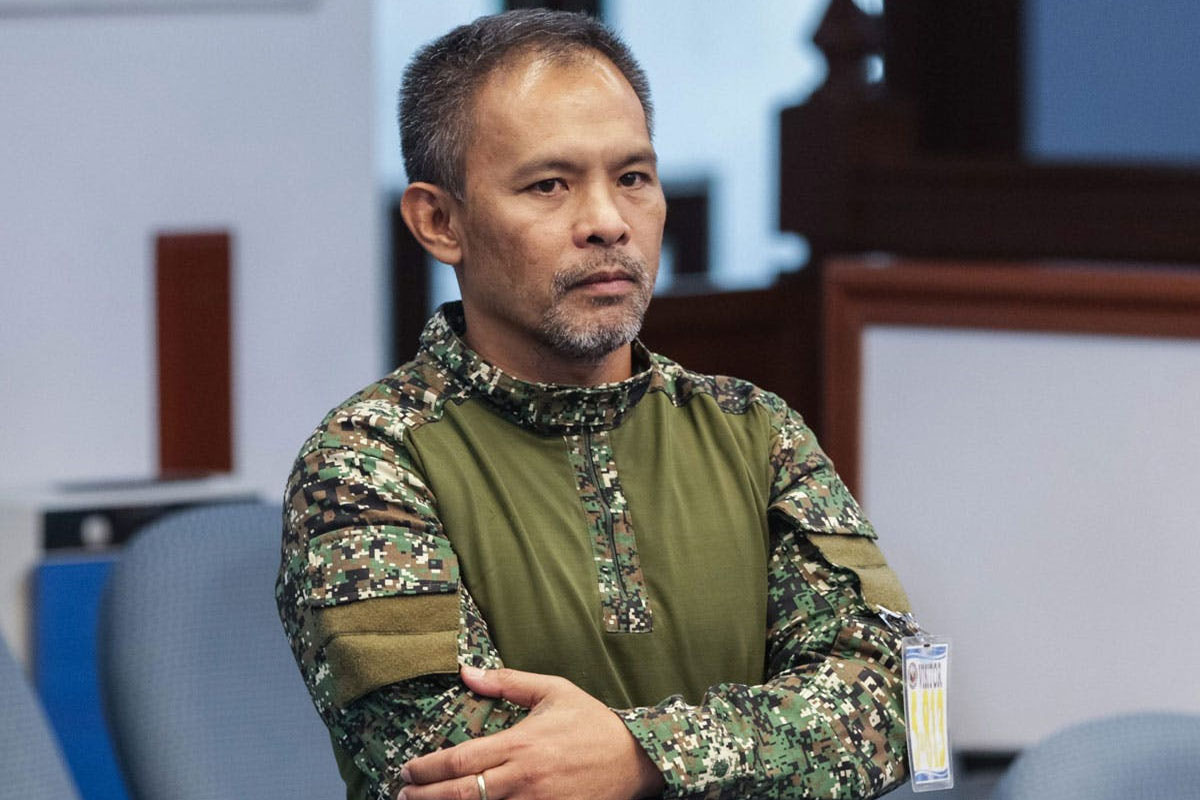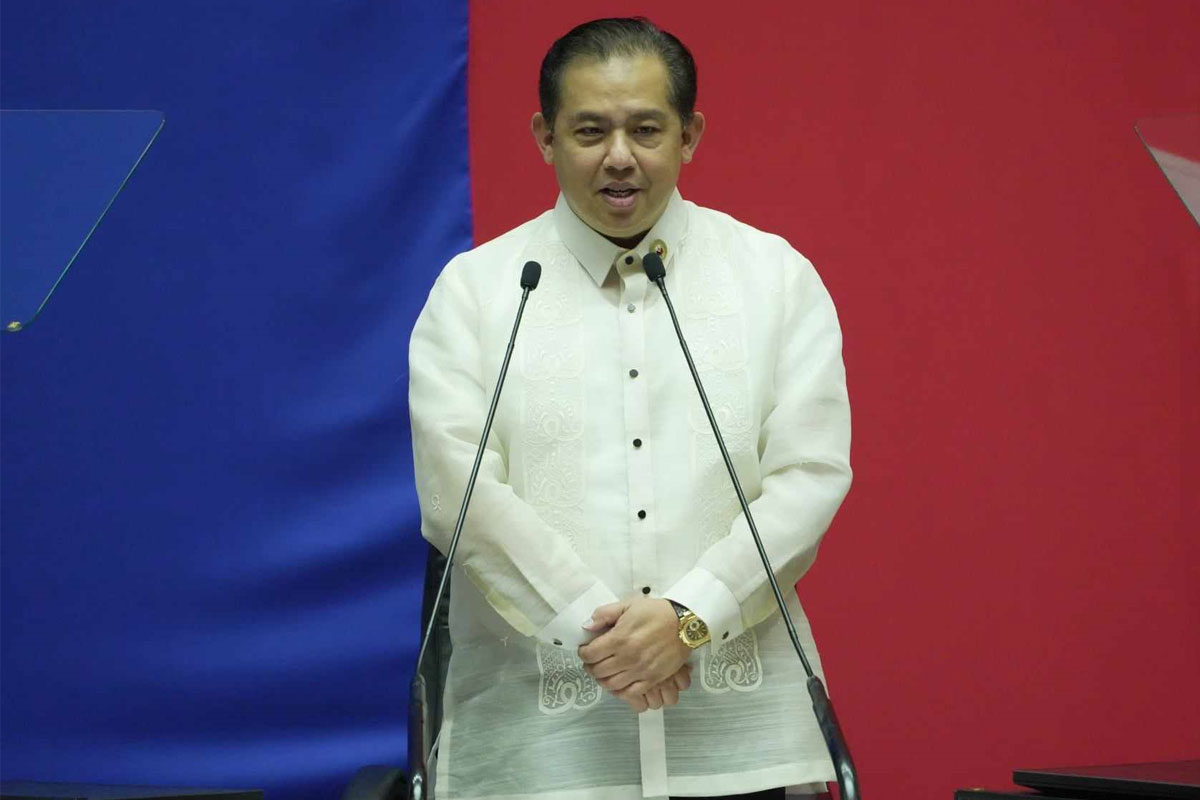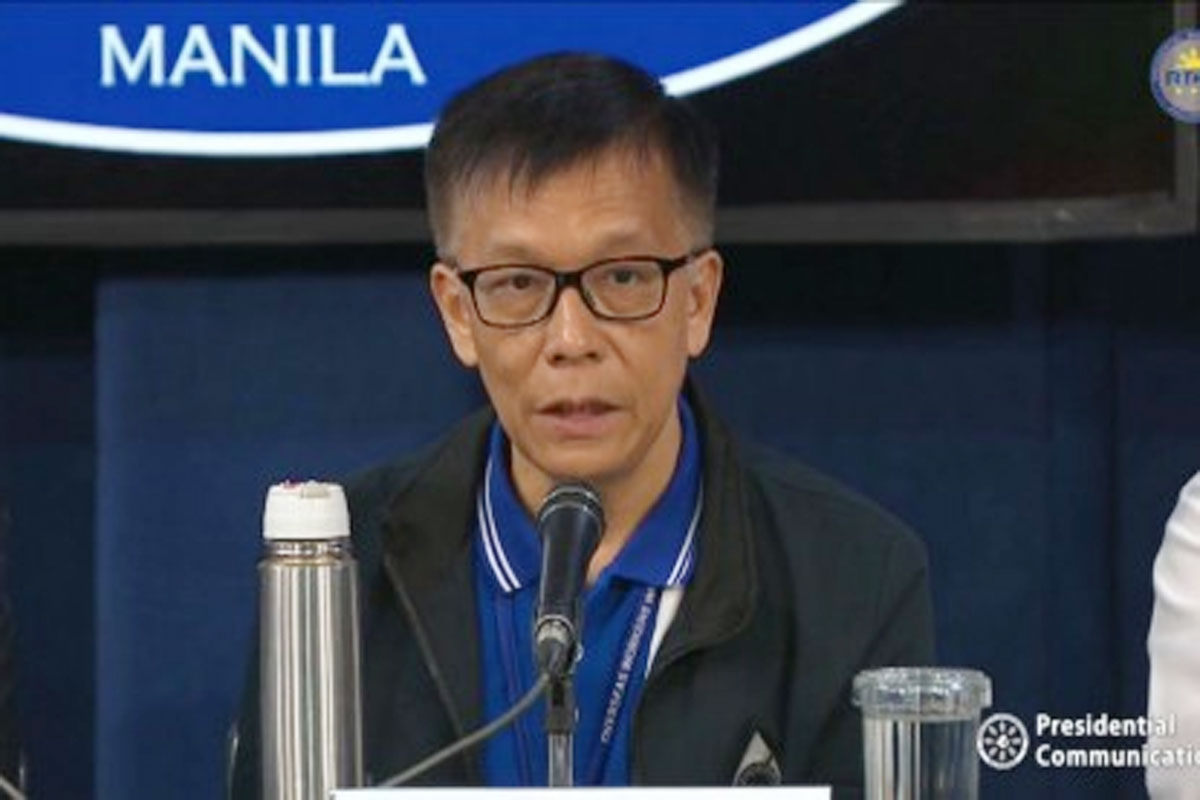
‘Brain drain’
IF nurses and other health workers continue to look for jobs in foreign lands, including the United States, blame it mainly on the low pay of these professionals in the country.
What is lamentable and disturbing is the fact that some of these health professionals are even willing to work as caregivers overseas, where the pay of workers is high.
“Biruin mo, mas gusto pang magpa-alila sa labas ng bansa ang ating mga narses, na karamihan ay babae, dahil kulang na kulang nga ang kanilang suweldo sa Pilipinas,” a mother said.
Likewise, even our medical doctors and midwives prefer to look for jobs in foreign lands, worrying government authorities tasked to meet the health needs of the Filipino people.
It is no wonder, therefore, that President Ferdinand “Bongbong” R. Marcos Jr. has renewed his call to find ways and means to entice Filipino nurses to stay in the Philippines.
Of course, Marcos was quick to explain that “you cannot hold people back from a better life, a better future.”
That’s the reason why there’s that urgent need for the govenment, through concerned offices and agencies, to find ways to keep them (health workers) home, he said.
The Chief Executive from Ilocos Norte had earlier backed the passage of a proposed legislation now pending consideration in the House of Representatives.
House Bill (HB) 9389, otherwise known as the Philippine Nursing Practice Act, seeks to institute reforms to further protect and develop the nursing profession.
In the view of many, members of the two-chamber Congress – senators and congressmen – have no choice but to prioritize the passage of HB No. 9389.
Ito ay kung talagang gusto nilang matigil na ang “brain drain” ng Filipino nurses.






















